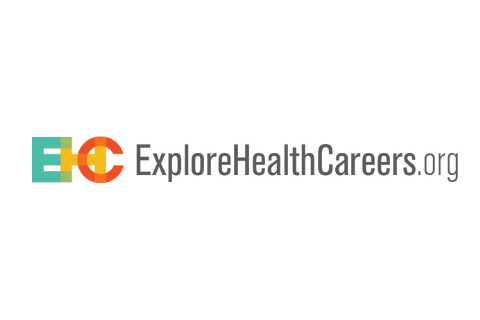Discover your career interests
What motivates you? How do you define success? Career satisfaction stems from a clearer understanding of what you want. This understanding can take time to develop, and what you want might be a moving target. It’s important to start your career with some self-awareness and to make time throughout your life to reassess what you want and what makes you happy. Career self-assessment involves the following four components:
- Personality: What motivates you and makes you happy
- Interests: What you love
- Values: What’s important to you
- Skills: What you’re good at
Taking time to reflect on these things will help you to build stronger resumes, write more compelling cover letters, and interview with focus and confidence.
How to self-assess
Self-assessment is about more than discovering your motivations, needs, interests, values and skills. It’s also about prioritizing them. We’ve got tools to help you and experienced staff to walk you through the process.
Free self-assessments
Different online resources exist that can help you learn about different aspects of yourself including career interests, personality, and aptitude. One example is the O*Net Interest Profiler that might provide some guidance on types of work you might find interesting. This article by the Balance Careers lists some additional online self-assessments. Assessments can provide you with personal insights that can be helpful in considering your career and professional development, but in no way should they be seen as prescriptive or directive. Likewise, these assessments may benefit from an outside perspective, so feel free to share your results with us during a one-on-one advising appointment.
Guided self-assessments
We offer hands-on assessments in our office, and can connect you additional tools like the Myers-Briggs Type Indicator (MBTI), Strong Interest Inventory, StrengthsQuest, and CareerLeader. To determine which self-assessment tool best meets your needs, make an appointment with a career advisor.
Next steps
As you get a clearer idea about what you’re good at and what motivates, interests, and matters to you, you’ll want to explore options and career interests that align with what you’ve learned about yourself.



